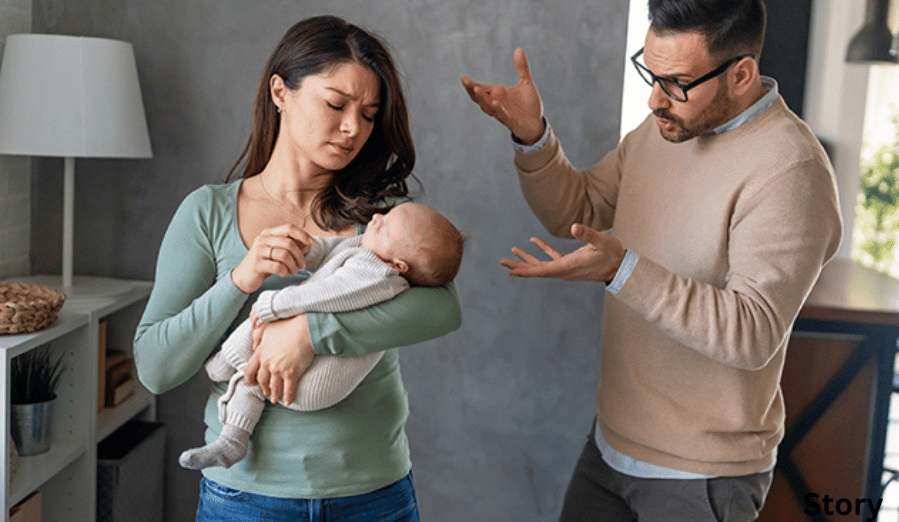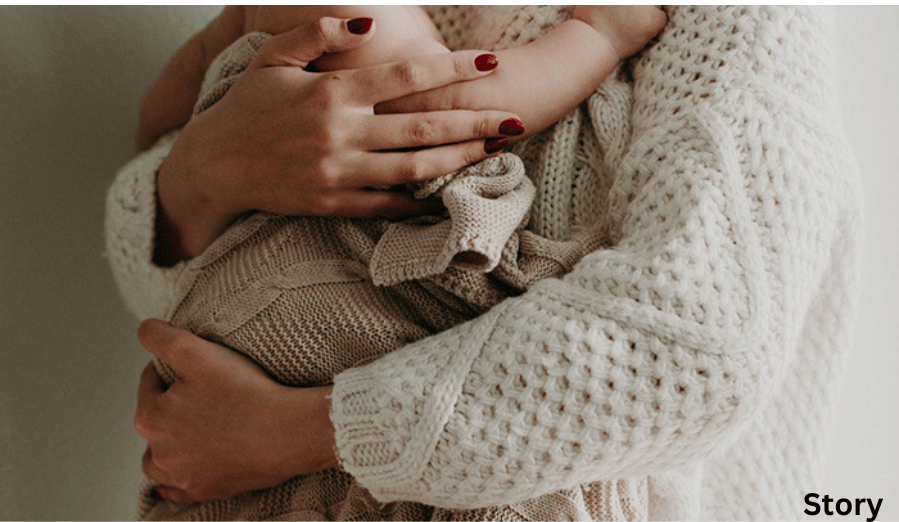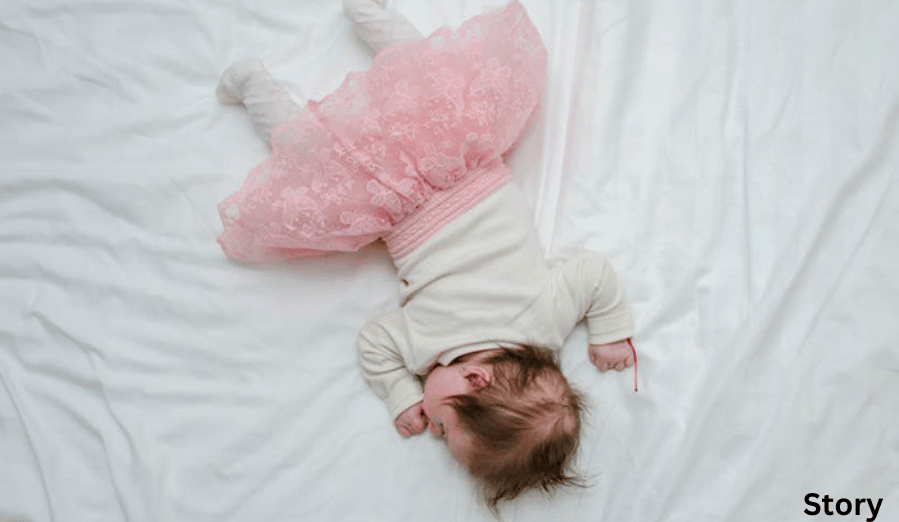Introduction: A Difficult Choice and an Unexpected Divorce
Non-Custodial Motherhood After Traumatic Pregnancy. Not all women who can bear children feel a strong calling to motherhood. Despite societal strides in making motherhood a choice rather than an expectation, many women still feel pressured into becoming mothers, sometimes with life-altering consequences. Recently, a woman shared on Reddit how, after surviving a traumatic pregnancy she initially didn’t want, her husband left her, taking custody of their daughter. This choice has sparked discussion about parental burnout and non-custodial motherhood. For more information visit:
1. When Societal Pressure Overcomes Personal Choice
The Reddit user opened up about being initially opposed to having children. Despite her apprehensions, she felt pressured to agree after her partner made compelling promises and arguments. For many women, this type of pressure can blur the line between true desire and external obligation, sometimes leading them to parenthood even if it’s not their first choice. In this case, the emotional and physical tolls of pregnancy and motherhood became a heavy burden.
2. Traumatic Pregnancy and Its Impact on the Couple
Pregnancy can be challenging even for those who eagerly anticipate motherhood, but when it’s endured against one’s wishes, the emotional and physical toll can be overwhelming. This Redditor described how her pregnancy was filled with complications, near-death experiences, and ultimately severe postpartum struggles. Rather than bringing her and her partner closer, the trauma and stress pushed them apart, revealing unresolved issues in their relationship. Her husband eventually filed for divorce, a decision that stunned her after what she had gone through to carry their child.
3. Embracing Non-Custodial Motherhood
When her husband asked for a clean slate, the Redditor made a choice that many find difficult to understand—she let him take full custody of their child. Non-custodial mothers, despite often facing harsh societal judgments, are slowly becoming a more common scenario in custody arrangements. Statistics from 2018 showed that almost 80% of custodial rights are awarded to mothers, but the number of non-custodial mothers is gradually rising. Opting out of full custody is rarely easy, but for some, it’s the best option for personal well-being and family stability.
4. Parental Burnout: A Major Factor in the Decision
Parental burnout is an emerging, recognized syndrome that affects many parents who try to balance excessive responsibilities without adequate support. Christina Rhyser, a parental wellness educator and founder of the Parental Burnout Center, explains that burnout includes symptoms like emotional exhaustion, detachment from children, and loss of joy in the parental role. In extreme cases, this condition can lead to feelings of entrapment, longing for an escape, and a realization that parenthood may not align with one’s needs or values. In this case, the mother’s burnout was intensified by her traumatic pregnancy and the lack of support from her husband. Her decision to let go of custody was not born out of abandonment but from recognizing that her daughter’s needs would be better met elsewhere.
5. Society’s Perception of Non-Custodial Mothers
Non-custodial mothers often face harsh criticism and stigma. While men who choose non-custodial roles are often viewed with understanding or indifference, women in the same position face scrutiny. According to recent studies, women pay more in child support than non-custodial fathers and are significantly less likely to abandon their children, yet they are frequently judged as “unfit” or “selfish” mothers. Rhyser points out that judging parents for such decisions only deepens the shame they might already feel. Instead, society should focus on providing resources and understanding, as every parent’s situation and capacity are unique.
6. Navigating New Realities for Non-Custodial Mothers
Navigating life as a non-custodial mother requires emotional resilience. Rhyser emphasizes the importance of respecting each individual’s choice and recognizing that some parents may step back to preserve their well-being or because they believe their child will thrive more in a different environment. This approach does not imply a lack of love or care but rather an awareness of personal limitations and priorities. Rhyser reminds us, “Choosing to become—or not to become—a mother is possibly the most personal and life-changing decision to be made. To allow women the freedom to make this choice is a matter of human dignity at its most fundamental level.”
7. Acknowledging the Need for Support and Understanding
The narrative of this Redditor serves as a reminder of the need for understanding and supportive resources for all parents. For mothers or fathers grappling with the demands of parenthood, the decision to step back from custody should be met with compassion rather than condemnation. Support networks, mental health resources, and open discussions on parental burnout can pave the way for healthier family dynamics, even when the road doesn’t follow traditional expectations.
Conclusion: Redefining Parenthood and Respecting Personal Choices
The story of a woman who faced a traumatic pregnancy, marital separation, and a painful custody decision underscores the importance of allowing parents, particularly mothers, the freedom to choose their path. As parental burnout becomes more recognized, society must continue evolving its understanding of what it means to be a good parent. Whether custodial or non-custodial, each parent deserves dignity, respect, and support.






